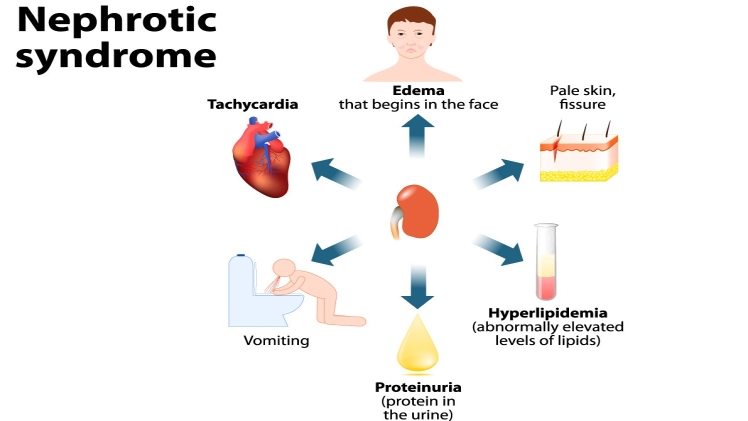There is no single cause of nephrotic syndrome. The symptoms can be mild or severe, depending on how severe the patient’s condition is. If the condition is severe enough, patients may need dialysis or other medical intervention. A doctor can diagnose nephrotic syndrome through a dipstick test. If the test shows three or more protein, the patient will need further evaluation. The symptoms of nephrotic syndrome can be unpredictable, which is why early diagnosis is so important.
The nephrotic syndrome can affect a person at any age, although it typically begins in childhood. The disease affects one in 50,000 children. It is more common in families with allergies and in Asians than in Caucasians. Treatment for nephrotic syndrome may involve steroid medication, and kidney biopsy. If treatment is unsuccessful, a kidney transplant may be necessary. The full article is available on the website of the Indian Society of Pediatric Nephrology.
Patients with nephrotic syndrome should avoid a high-protein diet, as this can make the disease worse. Doctors may prescribe blood-pressure-lowering medications to reduce protein loss in the urine. Other options may include diuretics, which cause the kidneys to release extra fluid, and statins, which lower cholesterol levels. These treatments should be used in combination with a low-protein diet and regular doctor visits.

